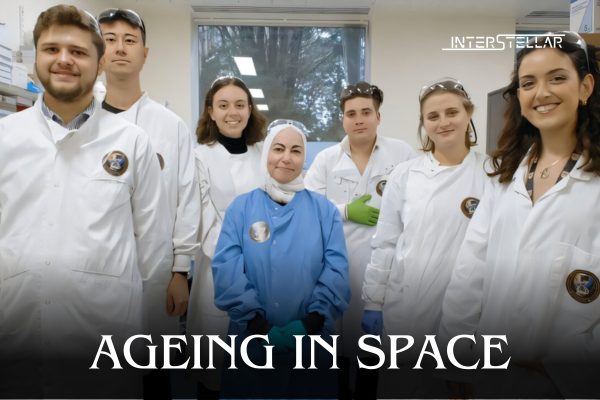Oxford’s Space Lab Studies Ageing in Microgravity
Human tissue samples from Space Innovation Lab (SIL) of Oxford are now aboard the International Space Station (ISS). The aim is to uncover why the ageing process accelerates in space and explore potential ways to slow it down.
Investigating Ageing in Space and on Earth
The experiment compares how organoids—miniaturised and simplified versions of human organs grown in a lab—respond to conditions in microgravity versus Earth’s gravity. These findings could help scientists understand how space travel impacts ageing at a cellular level.
Dr. Ghada Alsaleh, the lead researcher at Oxford’s SIL, highlighted the lab’s pioneering role in merging space and biology. “By analysing data from organoids on the ISS and Earth, we can study ageing and how microgravity affects the process,” she explained.
Self-Sufficient Space Experiments
The organoids are housed in a compact, self-contained laboratory cube aboard the ISS. Measuring just a few centimetres, the cube is designed to function autonomously. This allows researchers to gather real-time data and control experiments directly from Oxford without astronaut involvement.
“We don’t need the involvement of the astronauts,” Dr. Alsaleh noted. “It’s all automated from our laboratory on Earth.”
Advancing Health on Earth and Beyond
Years of research have shown that microgravity can weaken bones and the immune system. Dr. Alsaleh hopes her work will improve life both in space and on Earth. “I focus on helping people here, but this research could also aid astronauts by slowing down ageing and addressing the health challenges they face during missions,” she said.
As humanity plans missions to Mars and beyond, solving ageing-related issues in space has become a critical goal. By addressing problems like osteoporosis and immune system decline, scientists hope to ensure better health outcomes for astronauts and people on Earth alike.
with inputs from Reuters


